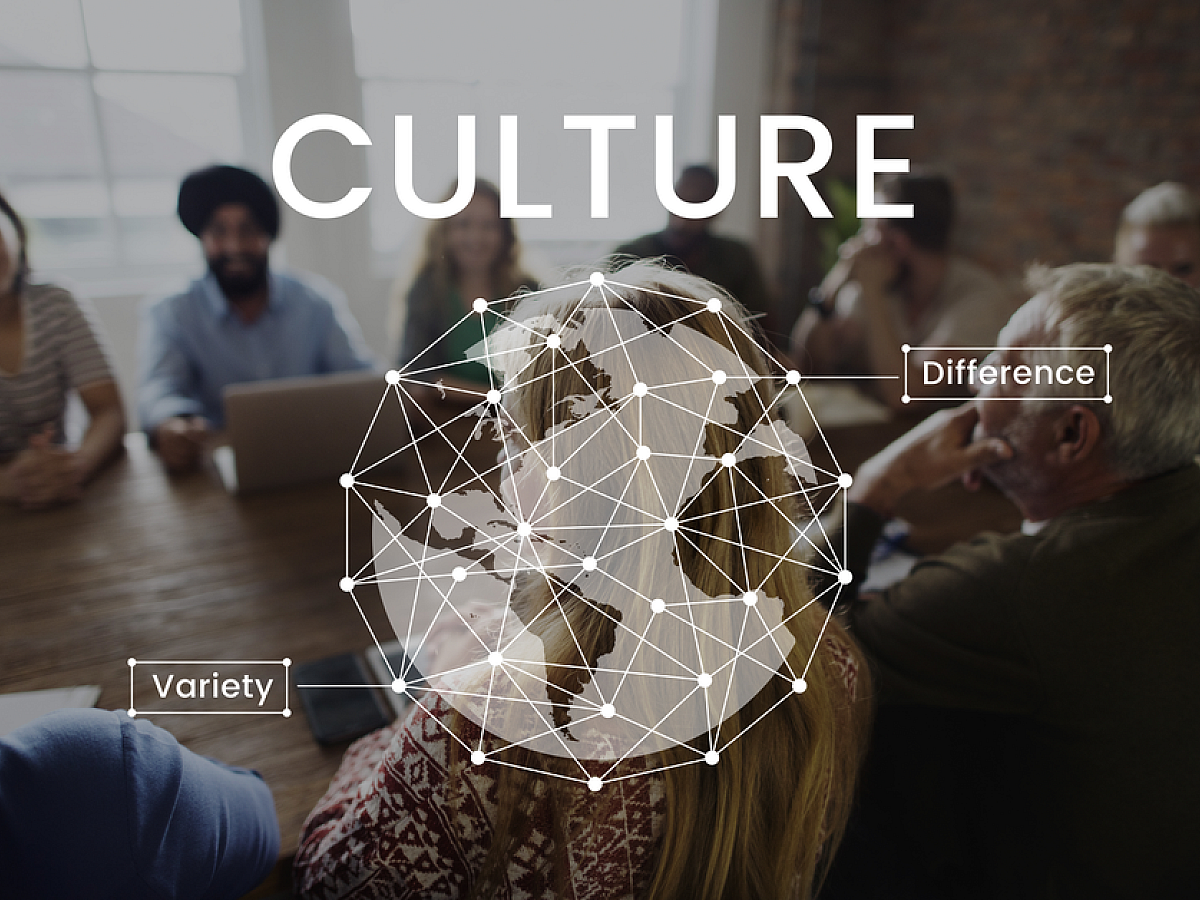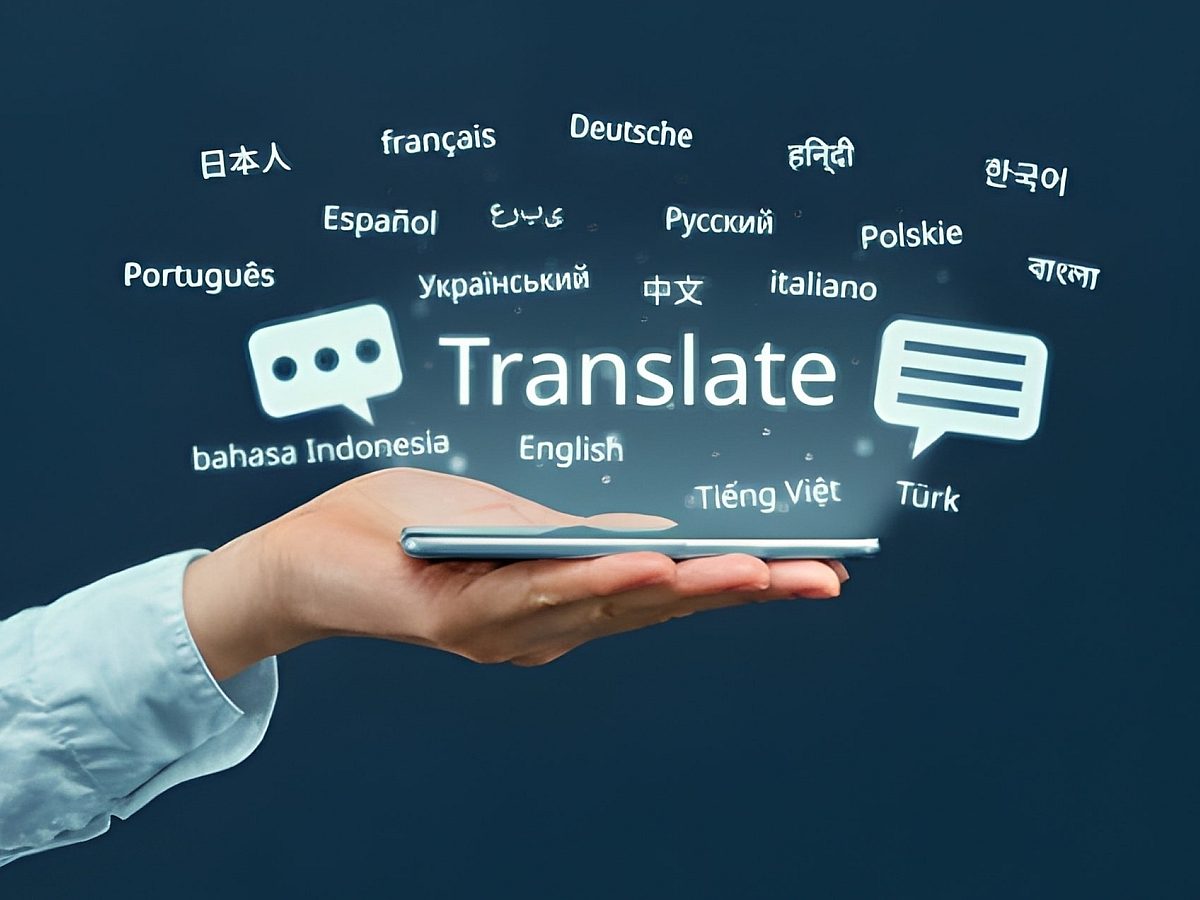Generative artificial intelligence (AI) tools, such as ChatGPT, are changing the way business is done across industries, and the life sciences sector is no different. Essential for delivering new healthcare innovations, the life sciences industry is increasingly embracing AI for various processes.
AI is incredibly effective at analyzing vast amounts of data and recognizing patterns. This ability can hugely benefit many areas of the life sciences industry where data issues can act as costly bottlenecks, including diagnostics, research, and compliance.
Although AI tech is new, evidence has already indicated that it can improve accuracy and accessibility in many healthcare applications.
The sector has maintained a cautious approach to AI due to regulatory constraints and the critical nature of its work. However, the potential of AI to streamline operations and improve outcomes is too great to ignore.
Today, life sciences businesses are learning ways to incorporate AI into their operations and services responsibly. This article explores some of these use cases as well as the limitations of AI in life sciences.
What is Generative AI?
Generative AI is a type of machine learning technology. It trains on huge amounts of data, including text, images and video. It then uses its “experience” to recognize patterns and make predictions.
For example, imagine an AI tool trained to recognize pictures of cats and dogs. Its training would involve analyzing thousands of images of cats and dogs and “learning” the differences between them. After its training was complete, the AI would be able to identify cats and dogs in any image it saw—even those not included in its training data.
In the life sciences, these analytical and predictive capabilities of generative AI can save lives.
AI trained on large amounts of patient data has been able to diagnose patients more accurately and earlier than humans.
For instance, studies have found that AI is nearly twice as effective as a biopsy in detecting certain cancers.
AI also significantly improves many key aspects of life sciences organizations from research to management.
A recent study on hospital management predicted that AI will “fundamentally reshape how healthcare institutions operate.”

Applications of AI in Life Sciences
Generative AI offers many advantages to life sciences organizations by streamlining processes, reducing costs and improving the accuracy of medical assessments.
Here are a few ways AI is currently benefiting the industry:
- Analyzing large datasets: AI excels at identifying patterns in extensive datasets. This is crucial in fields like diagnostic imaging, where AI tools help clinicians screen data and prioritize urgent cases. For example, AI systems can identify specific tumor types with high accuracy.
- Making sense of unstructured data: Manufacturers of pharmaceutical products and medical devices collect massive amounts of safety and research data, much of which is unstructured and costly to interpret. AI can process this data rapidly—sometimes in seconds—making it quicker and less expensive to manage.
- Improving data accessibility: AI can help make complex clinical data more understandable for patients and non-specialists, allowing them to make better-informed healthcare decisions. AI is also effective at life sciences translations, improving communication with patients and data sharing across global teams.
- Multilingual content classification: AI can easily classify and organize content that comes in various languages. This is important for managing diverse data sets from around the globe.
- Automating Content Creation: In life sciences, there is a constant need for creating up-to-date content, such as educational materials, research articles, or clinical reports. Generative AI can automate aspects of this process and integrate new information as it becomes available.
Limitations of AI in Life Sciences
While AI offers extensive benefits, there are limitations and potential issues that must be taken into account.
Despite AI’s speed and power, it’s still necessary to have human experts to guide and monitor AI processes. This can be difficult, as very few life sciences professionals are currently familiar with the potential use cases and risks of AI technology in their fields. This could result in humans giving AI tools too much autonomy or overlooking bias. Alternatively, healthcare professionals unfamiliar with the technology may neglect key information detected by the AI.
AI tools are also limited by the quality and complexity of data used in their training. Incomplete or improperly labeled datasets can result in inaccurate or biased output. When AI tools are used in medical decision-making, small inaccuracies can cost lives.
Highly skilled data collection and data annotation services will be critical to the development of AI tools for the life sciences industry. But today, many of these services are in their infancy.
Ethical concerns are another major issue, and they may become a roadblock to the implementation of AI in healthcare organizations.
Patient privacy and safety are just a few factors that are currently difficult to predict in AI models.
Aside from these limiting factors, there are some situations when AI should not be used, despite its training.
AI should never be given autonomy in patient care, pharmaceutical testing, or conducting invasive procedures.
While AI is an effective tool for pattern recognition, it should not be relied on to make judgments or ethical decisions.
Wolfestone Group: Your Partner in AI-Driven Life Sciences Solutions
Wolfestone Group is leading the way in AI data services for the life sciences industry. We recognize the massive potential of AI in healthcare, and we understand the importance of security and accuracy for patients and businesses.
Our expertise in multilingual data collection and annotation ensures that your AI tools see the big picture—not a limited perspective. Thanks to our global network of linguists and AI professionals, we are able to compile and classify high-quality data in over 100 languages.
Whether it’s handwritten data by healthcare professionals, data from clinical trials, medical journals, imaging data (such as MRIs or X-rays), device data and more, our data services reduce inaccuracies and bias from AI and promote globally effective output.
Wolfestone Group has collaborated with life sciences organizations around the world for nearly 20 years. We understand that the uncertainties of AI can make it difficult to adopt, but generative AI is here to stay. Companies that embrace AI early will gain a competitive edge and may even bring about significant medical breakthroughs.
Let our team of AI experts assist you in navigating the complexities of AI integration into your business. During a free AI consultation, our team will answer your questions and walk you through the process of making your AI initiatives a reality.
Contact Wolfestone Group today to schedule your AI consultation and learn more about how generative AI can transform your business.




